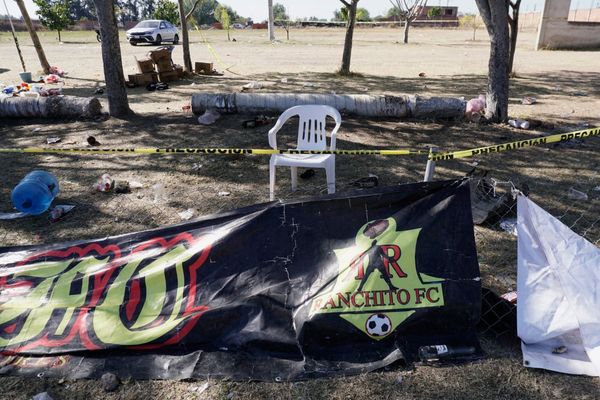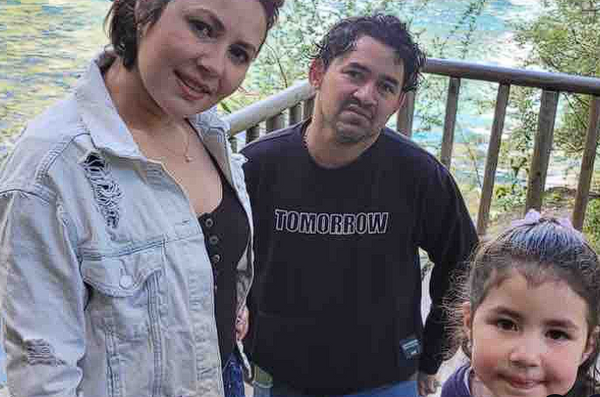
Losing a spouse is a painful experience, and it can become even more complicated if they pass away without a will. When there’s no will, it’s called dying “intestate.” This situation results in your spouse’s assets being distributed according to state laws, not personal wishes. Understanding what happens to your assets if your spouse passes away without a will is crucial for protecting your financial future. The process can be confusing, especially when emotions are already running high. Let’s break down what you can expect and how you might navigate this difficult time.
1. What Does “Intestate” Mean for Your Assets?
If your spouse dies without a will, their estate is considered “intestate.” This means state law determines who inherits what. The exact rules differ depending on where you live, but the idea is the same: the government steps in to decide how to divide your spouse’s belongings. This can include money, property, investments, and even personal items.
It’s important to know that “assets” don’t always mean everything your spouse owned. Some assets—like life insurance policies with a named beneficiary, retirement accounts, or jointly owned property—may pass directly to you outside of probate. But most other property will go through the intestate process.
2. State Laws Decide Who Gets What
When considering what happens to your assets if your spouse passes away without a will, state law is the main authority. Every state has its own set of intestacy rules. In most states, if there are no children, the surviving spouse inherits everything. However, if there are children, the assets are usually split between the spouse and the kids.
For example, in some states, the surviving spouse gets half of the estate, and the children split the other half. If your spouse had children from a previous relationship, you might receive an even smaller share. It’s always best to check with your state’s probate court or a local attorney to understand your situation.
3. The Probate Process
Probate is the legal process for settling an estate after someone dies. When your spouse passes away without a will, probate is usually necessary to distribute their assets. The court appoints an administrator—often the surviving spouse or closest relative—to handle the estate.
The administrator’s job is to gather all assets, pay debts and taxes, and then distribute what’s left according to state law. Probate can take months or even years, depending on the complexity of the estate and whether any disputes arise. It also involves court fees and may require hiring an attorney. Some assets, like joint bank accounts or property held as “joint tenants with right of survivorship,” usually bypass probate and go directly to you.
4. What Happens to Shared Property?
Many couples own property together, such as a home, vehicles, or investments. If you and your spouse owned property jointly with right of survivorship, that property automatically becomes yours. This is true for most joint bank accounts, too.
But if the property was in your spouse’s name only, it becomes part of the probate estate. That means it will be distributed according to intestate laws, which could result in the property being split between you and your children or even sold to divide the value.
It’s a good idea to check how your property is titled. If you’re unsure, a real estate attorney or financial advisor can help you understand your rights.
5. Debts and Liabilities
When your spouse passes away without a will, their debts don’t just disappear. The estate is responsible for paying off any outstanding debts before assets are distributed. This includes mortgages, credit card balances, medical bills, and personal loans.
As the surviving spouse, you aren’t usually personally responsible for your spouse’s debts unless you co-signed or are jointly liable. However, if an asset is sold to pay off a debt, you could lose part of your expected inheritance. Debt repayment can significantly affect what happens to your assets if your spouse passes away without a will, especially if the estate has more debt than value.
6. What About Minor Children?
If you and your spouse have children under 18, the court may get involved in appointing a guardian for them, especially if you are unable or unwilling to care for them. In most cases, the surviving parent (you) will retain custody. However, if there are disputes or special circumstances, the court will act in the children’s best interest.
Financially, assets inherited by minors are often managed by a court-appointed guardian until the children reach adulthood. This can add extra layers of complexity and delay when accessing funds for your children’s needs.
How to Prepare and Protect Your Family
Understanding what happens to your assets if your spouse passes away without a will is only the first step. The best way to avoid confusion and court involvement is to make an estate plan now. Create a will, name beneficiaries on all accounts, and consider trusts for more complex situations. This ensures your wishes are clear and your loved ones are protected from unnecessary stress.
Taking action now can save your family time, money, and heartache later.
Have you experienced the probate process or faced intestacy issues in your family? Share your thoughts or questions in the comments below—we’d love to hear your story.
What to Read Next…
- Why So Many Boomers Are Dying Millionaires And Leaving No Will
- What Happens When You Forget To Update Your Will Before Moving States
- Why Most Estate Plans Fail When The Family Needs Them Most
- What Happens When A Parent Leaves Everything To A Second Spouse
- 7 Ways A Family Member Can Accidentally Trigger Probate
The post What Happens to My Assets If My Spouse Passes Away Without A Will? appeared first on The Free Financial Advisor.







